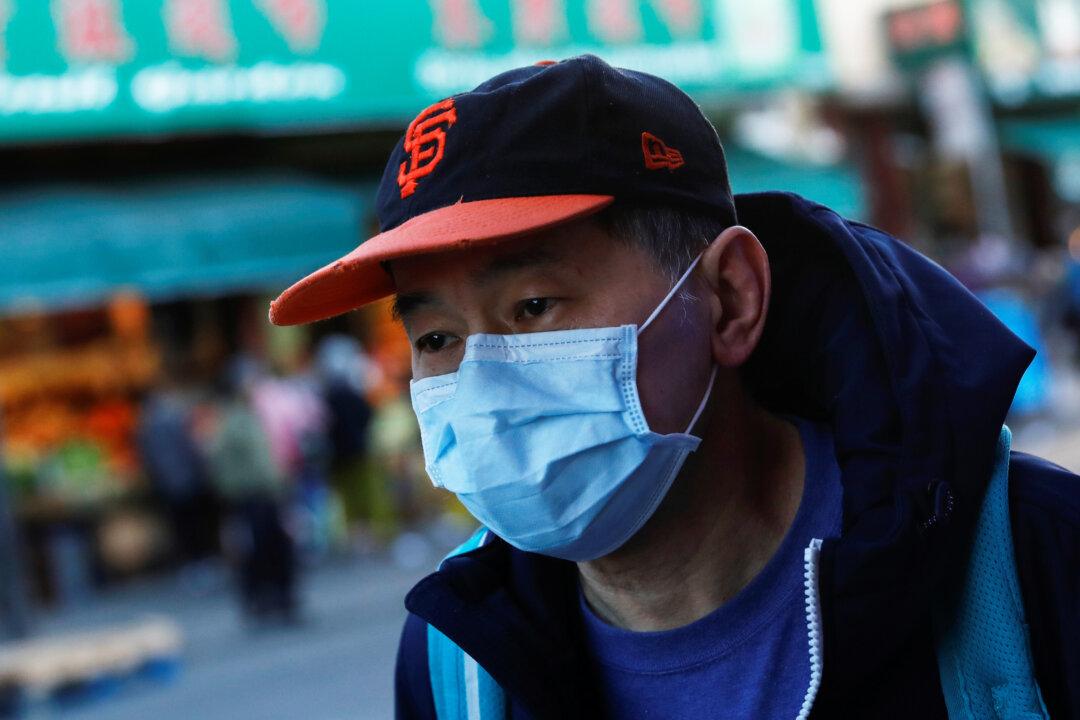Gilead Sciences Inc. announced this week that it will start two studies to evaluate a drug as a potential treatment for the new coronavirus.
The drug remdesivir has been selected by international and U.S. health officials as a possible treatment for the virus, which has sickened over 80,000 people around the world, killing thousands.





